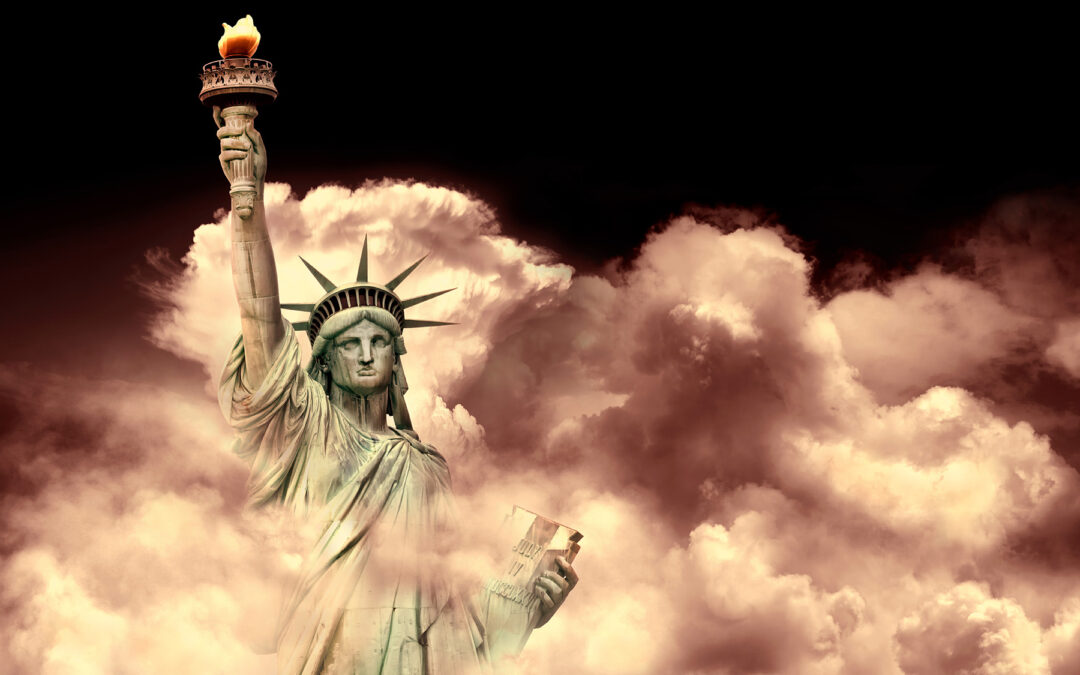
by bartmann | Oct 10, 2024
In this seminar, we will explore how democratic ways of living can help us sustain democracy in dark times. Our country has been characterized as a “faltering” democracy for more than a decade by international monitoring groups. Commentators have focused on the rise...
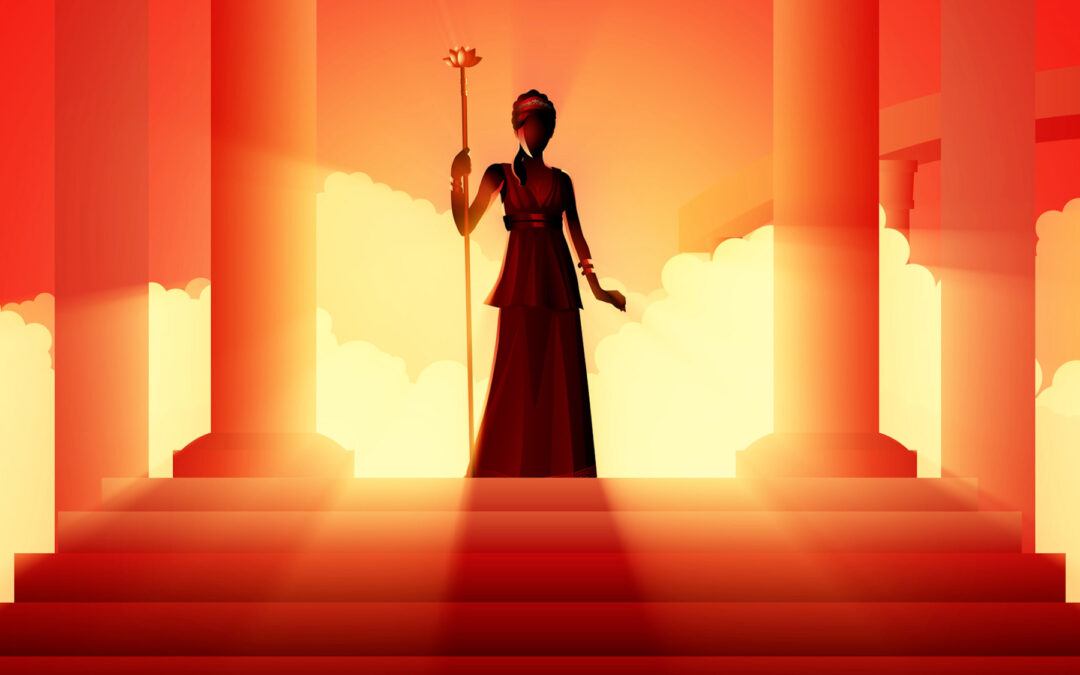
by bartmann | Oct 10, 2024
This course will explore four contemporary novels by four women authors inspired by Homer’s two great epics The Iliad and The Odyssey. Inheriting an almost 3000-year-old literary legacy, the last 25 years have seen an astonishing profusion of Homer-inspired creative...
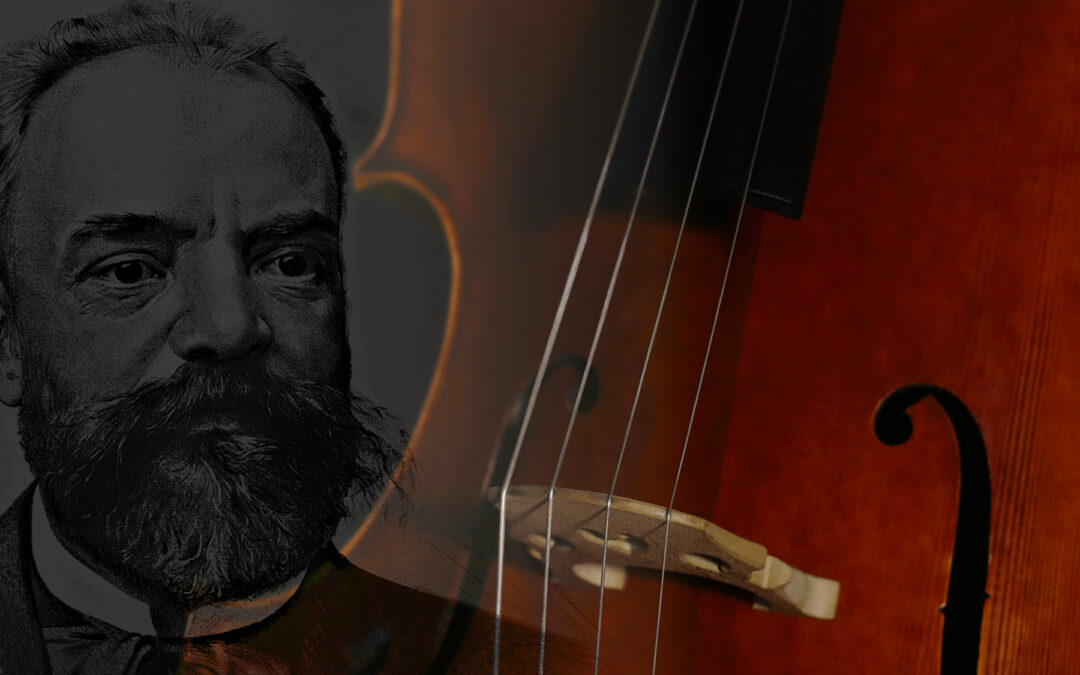
by bartmann | Oct 10, 2024
In this engaging four-week course, we delve into Antonín Dvořák’s iconic Concerto for Cello and Orchestra, celebrated as one of the greatest contributions to the cello repertoire. Through captivating presentations and live performances, participants will journey...
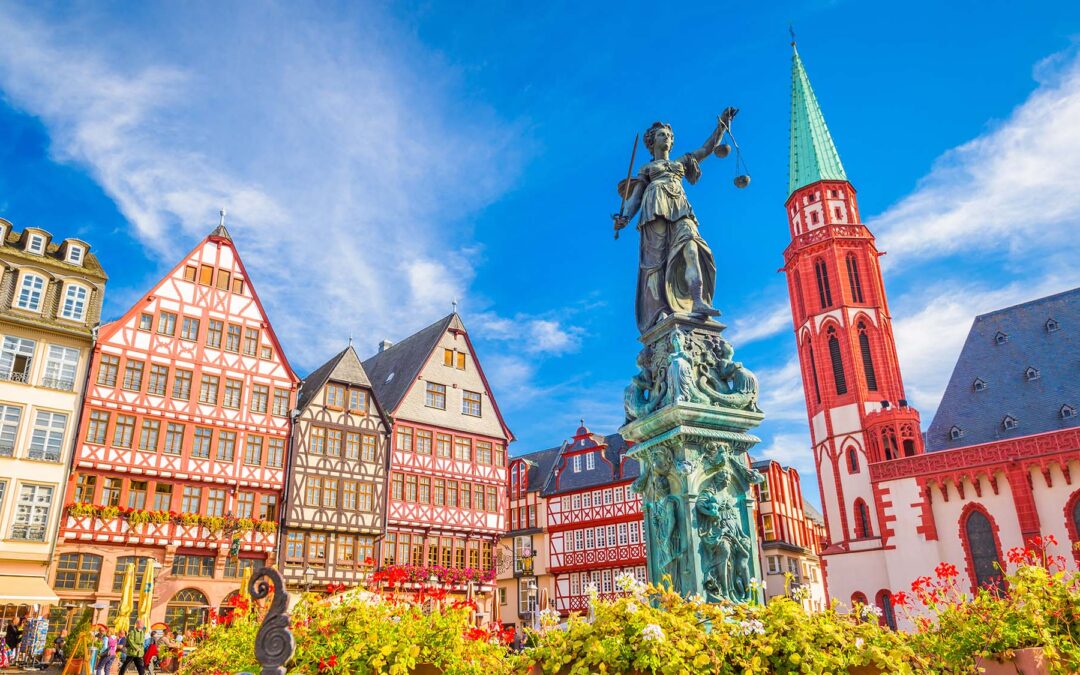
by bartmann | Oct 10, 2024
This seminar will be taught by several professors in the Department of German Studies. Classes will focus on areas of each professor’s expertise and range from the Middle Ages to contemporary German literature, culture, and language. Key topics include medieval...
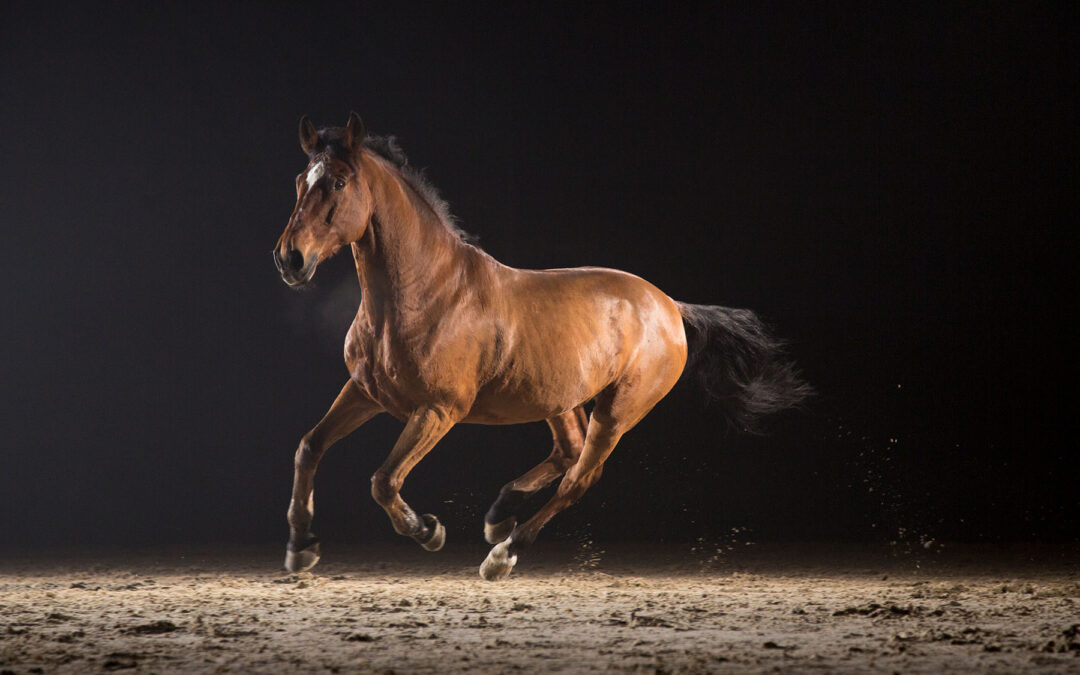
by bartmann | Oct 10, 2024
This course delves into the millennia-old partnership between humans and horses, revealing how it has influenced transportation, sports, and warfare. We’ll explore the evolution and science behind horse movement, highlighting its impact on society. Special...

by bartmann | Oct 10, 2024
Embark on a captivating journey through the intricacies of Zen Buddhism. This course offers an in-depth exploration of its rich history, core tenets, and relevance in both Eastern and Western societies. Delve into a diverse array of perspectives, from philosophy and...

by bartmann | Oct 10, 2024
Eating is not merely a biological function but a fascinating behavior that reflects the intricate relationship between humans and their food. Unlike other species, humans profoundly transform their food, from cultivating wild apples to crafting them into diverse...
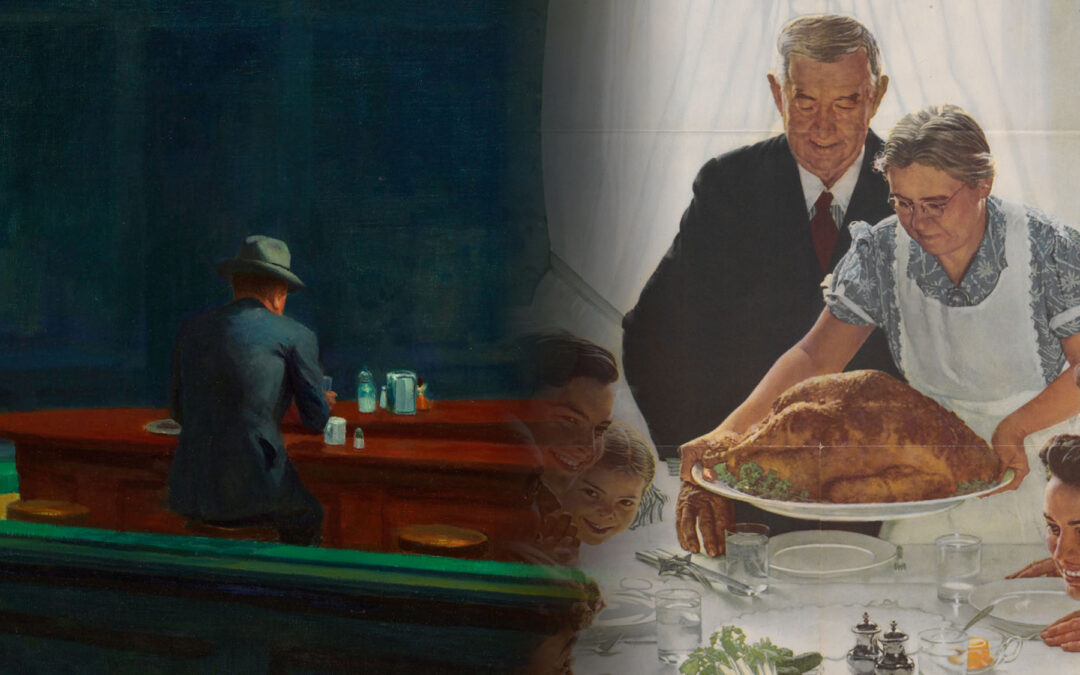
by bartmann | Oct 10, 2024
This course delves into the divergent perspectives of America as depicted by Edward Hopper and Norman Rockwell. Rockwell captures the nation’s warmth and unity, while Hopper exposes its solitude. We will examine how their portrayals of color, class, and gender...

by bartmann | Jun 14, 2024
The 1920s are frequently romanticized in popular culture as an era of unprecedented freedom and flamboyance, with images of flappers and clandestine speakeasies serving bootleg liquor. While some of that is accurate, this portrayal only scratches the surface of a...
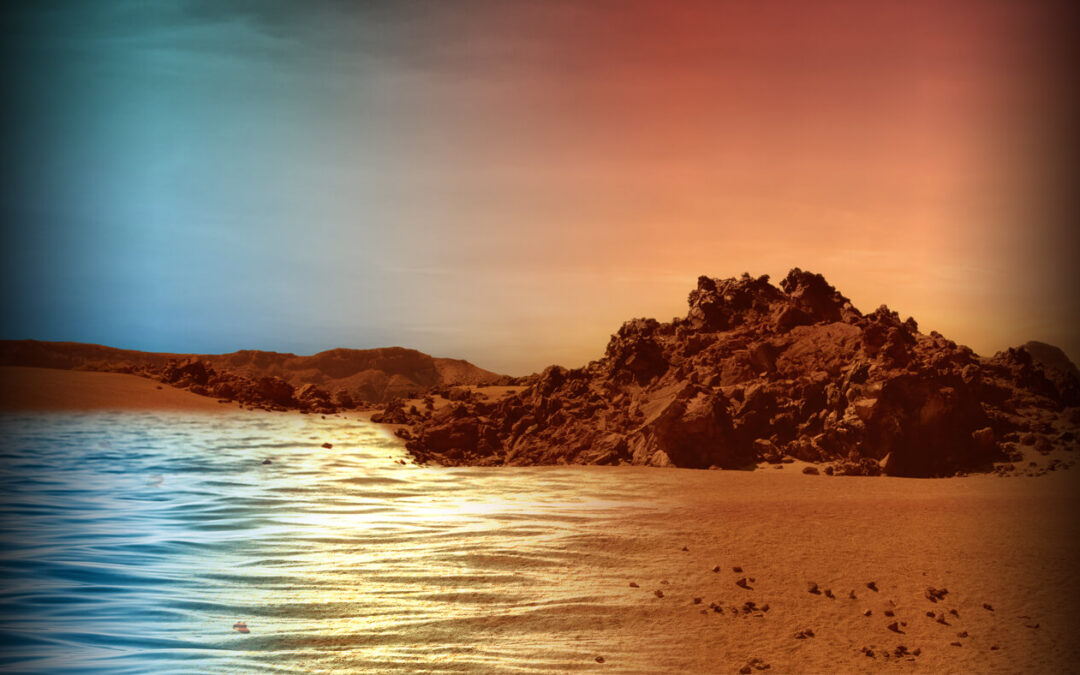
by bartmann | Jun 14, 2024
Journey back to ancient Mars with a pioneer in Martian research. Uncover the secrets of a time when Mars boasted Earth-like hydrology, complete with flowing rivers and vast seas, most notably the “Oceanus Borealis,” which covered much of the northern part...

by bartmann | Jun 14, 2024
Discover the captivating journey of humans across the Pacific in our course, “Polynesia and the Pacific Island Past.” Delve into groundbreaking research from archaeology, genetics, and linguistics that reshapes our understanding of ancient migrations and...
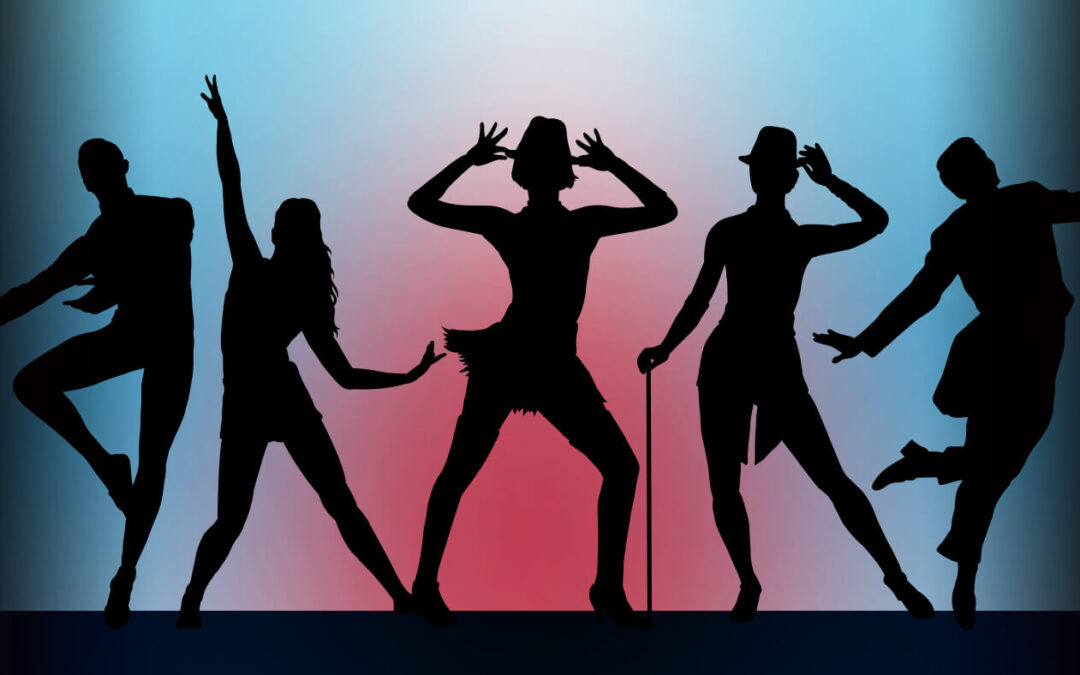
by bartmann | Jun 14, 2024
Dive into the rhythmic heart of America with a journey through the history and evolution of tap dance, a quintessentially American art form born in the 1800s. This course offers a unique examination of culture, history, and artistry, tracing tap’s roots from its...
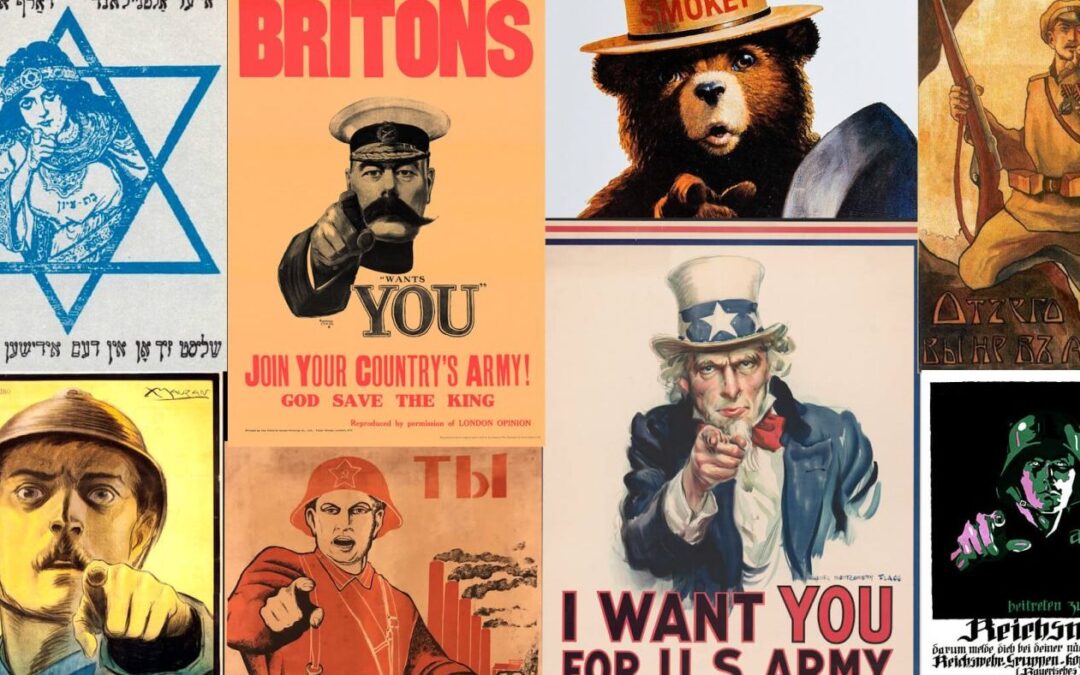
by bartmann | Jun 14, 2024
In this course, we will explore the concept of memes and how they resonate so powerfully with their audiences both today and throughout human history. We will define the term “meme,” examine the many forms that memes can take, and learn to interpret and understand the...
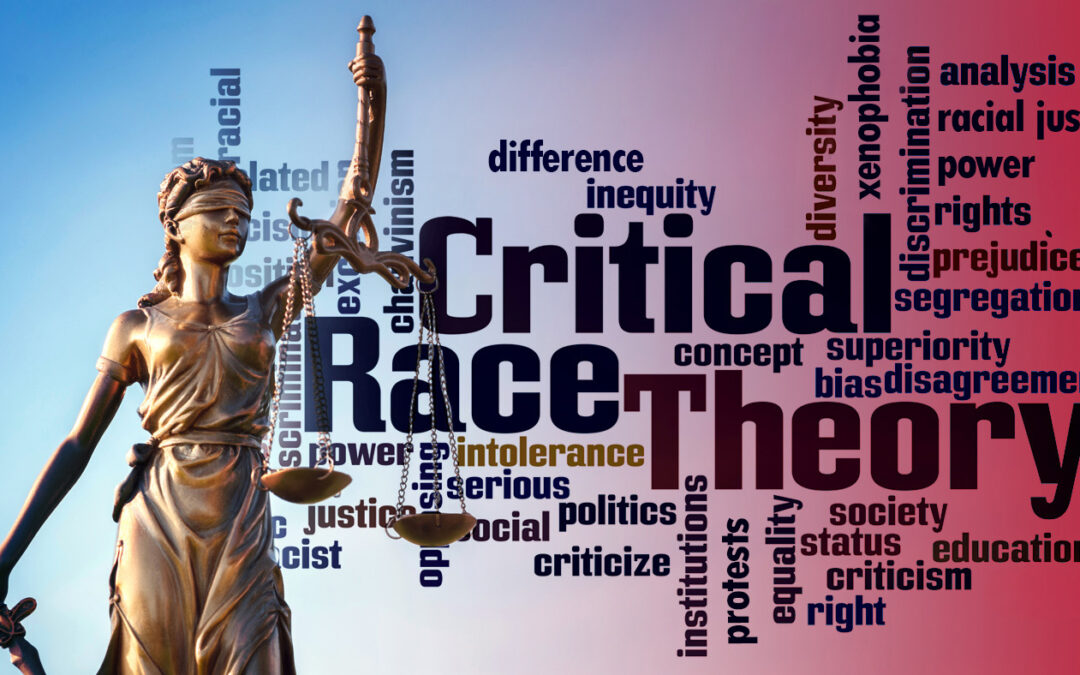
by bartmann | Jun 14, 2024
This course seeks to break down the controversies surrounding Critical Race Theory. We begin by defining the many terms that have moved out of scholarly circles and into the headlines, social media, and school board and legislative debates: critical race...
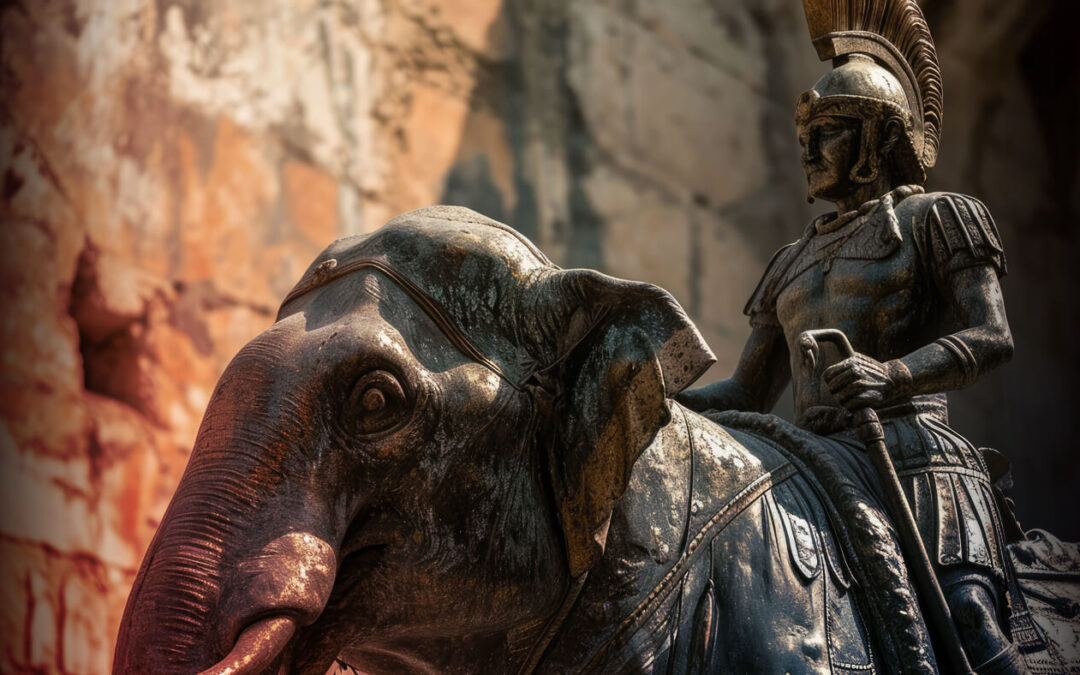
by bartmann | Jun 14, 2024
Dive into a pivotal moment in history and examine what the Romans themselves considered their darkest hour: the war with Hannibal Barca. This course offers an in-depth exploration based on close readings from ancient sources in translation to provide a comprehensive...
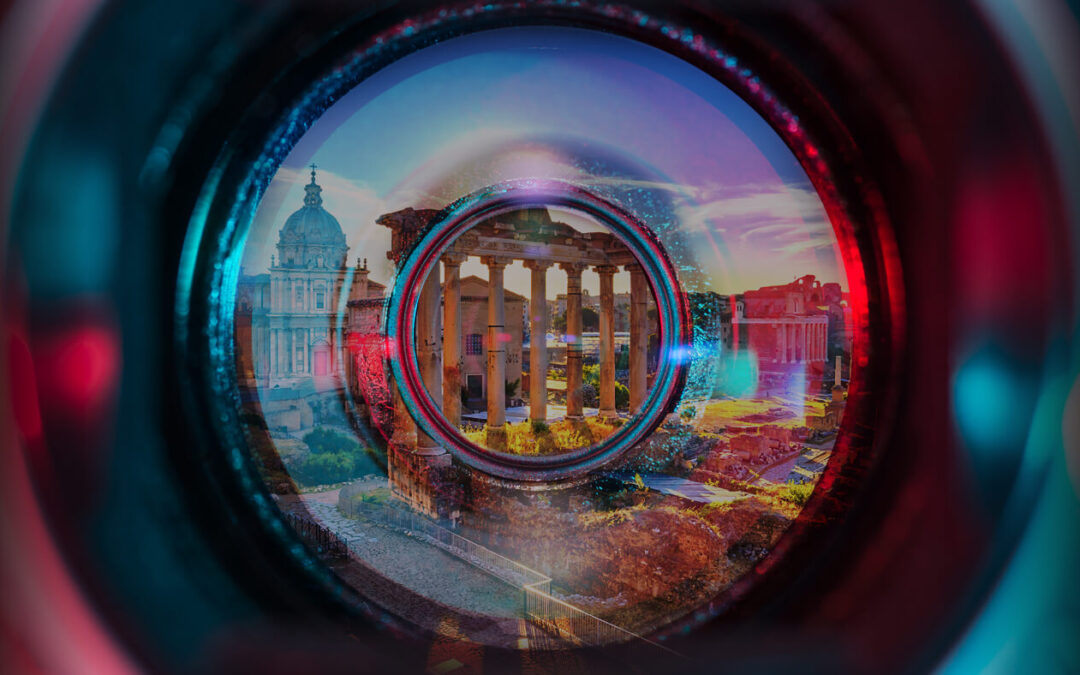
by bartmann | Jun 14, 2024
Embark on a chronological and thematic grand tour of Rome through its cinematic representations, where history and artistry converge in films that have captivated audiences worldwide. In this course, we will explore Rome’s portrayal on the big screen, from...
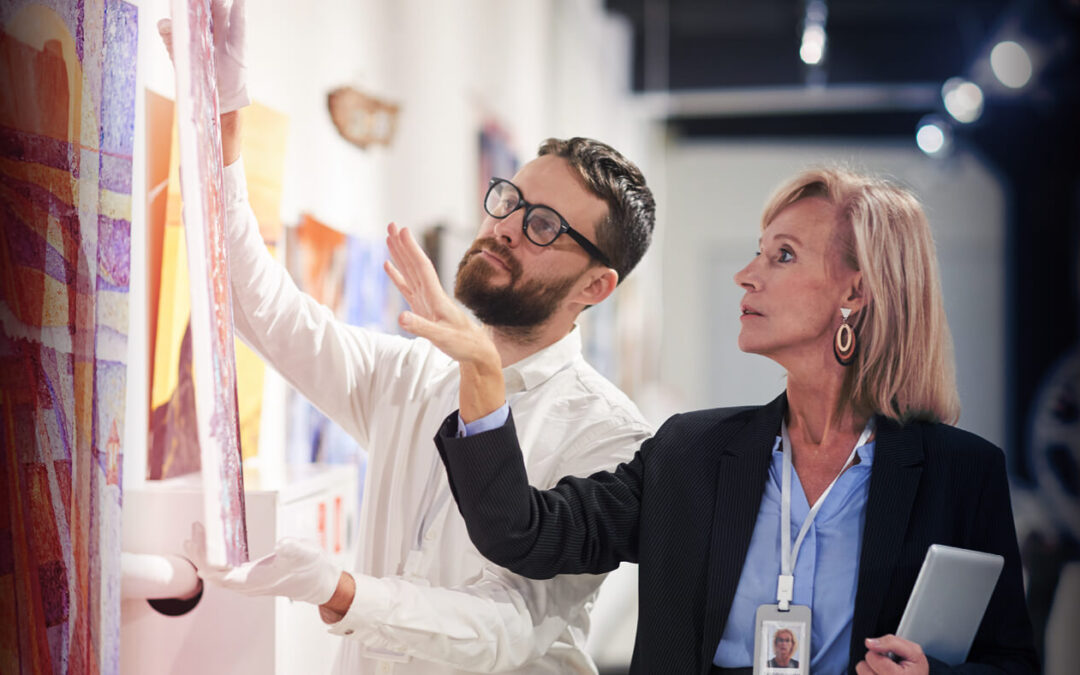
by bartmann | Jun 14, 2024
“Is this the real thing?” Museum professionals periodically get this question, where wide-eyed visitors are struck by the reality that they are face-to-face with authentic works of art. But what exactly does it mean for an artwork to be considered authentic, or...
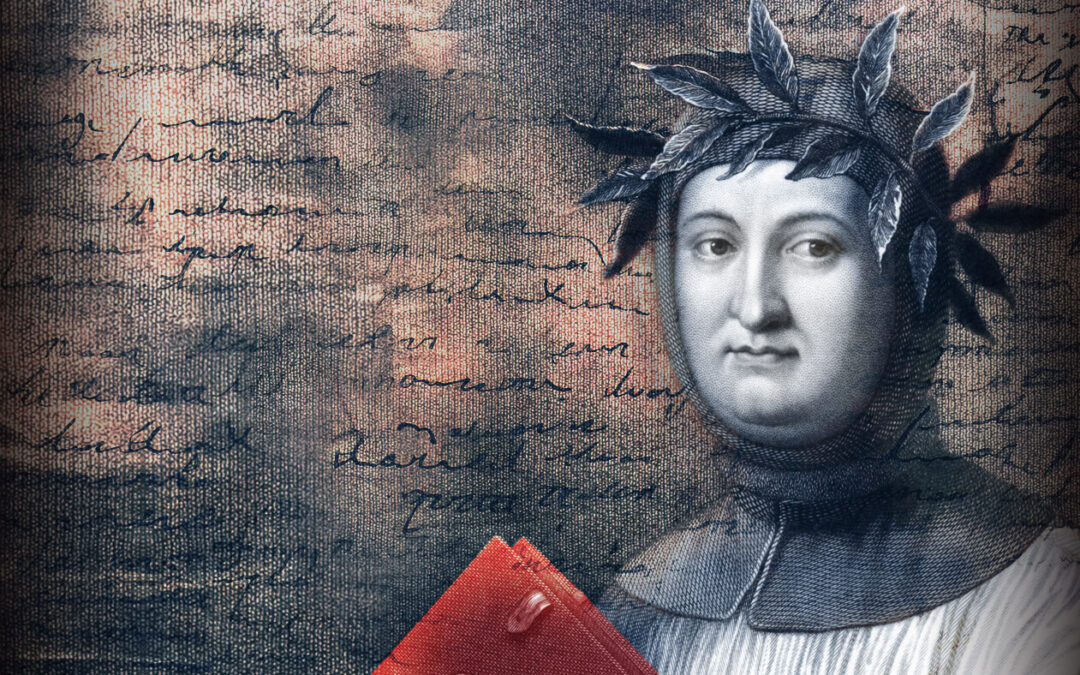
by bartmann | Jun 14, 2024
In this course, we will explore the Renaissance via the life and literary genius of Francesco Petrarca, famously known as Petrarch. Considered the father of the Italian Renaissance, Petrarch’s scholarship and advocacy for the importance of classical Rome were...
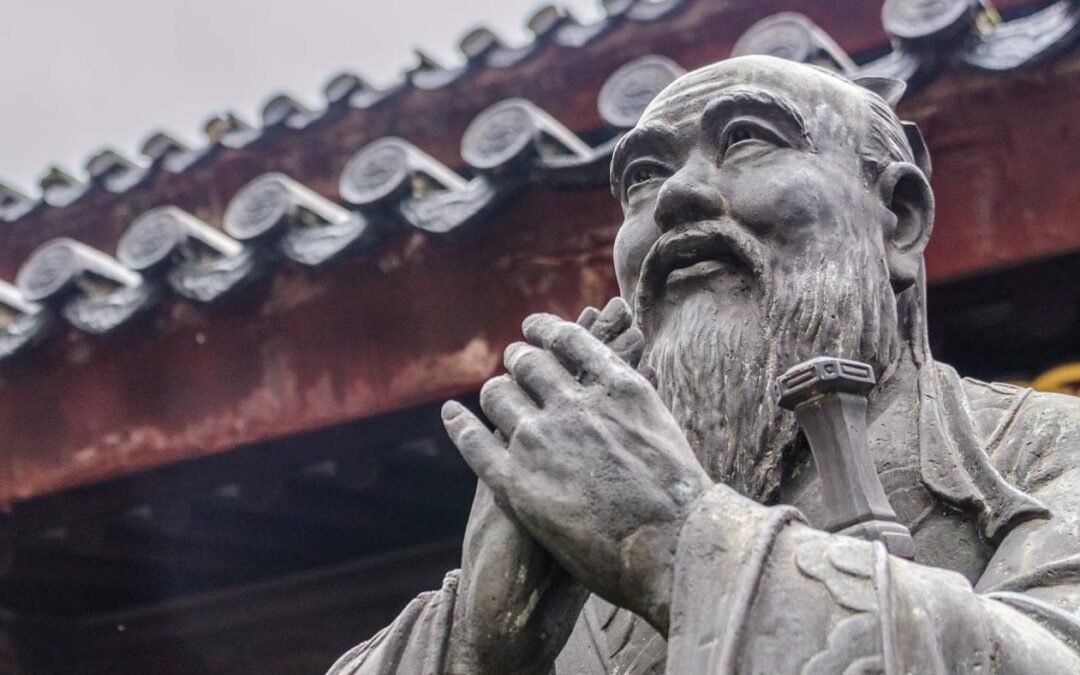
by bartmann | Jun 14, 2024
China’s rich history often remains elusive to the Western world. This course will shed light on the history of thought in China and provide students with a solid framework for future engagement and understanding. We will explore China’s key intellectual...
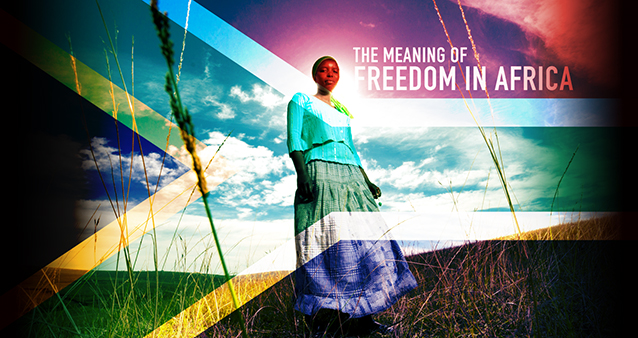
by bartmann | Apr 4, 2024
This course explores the emergence of freedom as an ideal in Africa during and after the movements for national liberation. We will examine the people’s ongoing struggle to achieve social justice after colonial independence as a quest for meaningful freedom. To...





















